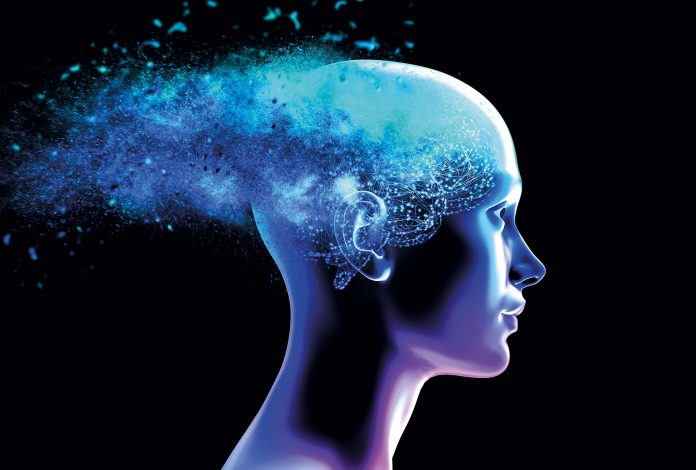
Researchers at the École de Technologie Supérieure in Montreal and Dartmouth College in New Hampshire have created an in-ear device that can listen for early signs of Alzheimer’s disease or similar conditions.
Estimates suggest that almost seven million Americans have the neurodegenerative condition Alzheimer’s disease. While there is no cure for this condition, there are now some treatments available that can slow or push back the disease. These are most effective at an early stage so early diagnosis is important.
A very early sign of Alzheimer’s is known to be a specific type of involuntary eye movements, also known as saccades. The device is a form of in-ear microphone that can pick up small movements of the face and eyes such as these.
“We are using a device called a hearable,” said Miriam Boutros, a researcher at the École de Technologie Supérieure, who presented the research at the Acoustical Society of America conference this week.
“It is an earpiece with in-ear microphones that captures physiological signals from the body. Our goal is to develop health-monitoring algorithms for hearables, capable of continuous, long-term monitoring and early disease detection.”
The research team are testing their hearable in a group of 35 patients with early Alzheimer’s or mild cognitive impairment and 35 matched control participants without Alzheimer’s or cognitive decline. They will carry out a number of tasks, such as describing a picture, while wearing the hearable device and eye tracking glasses in order to test whether it can accurately detect who has Alzheimer’s and who does not.
“Eye movements are fascinating since they are some of the most rapid and precise movements in the human body, thus they rely on both excellent motor skills and cognitive functioning,” said project researcher Arian Shamei also from the École de Technologie supérieure.
Once the team has confirmed the accuracy of the hearable device, they hope to use the data to help predict early-stage Alzheimer’s in undiagnosed individuals, ideally earlier than is possible with current diagnostic techniques, and hopefully to monitor disease progression. If proven effective, they also want to explore using it to predict other neurological conditions at an early stage.
“While the current project is focused on long-term monitoring of Alzheimer’s disease, eventually, we would like to tackle other diseases and be able to differentiate between them based on symptoms that can be tracked through in-ear signals,” said Shamei.





